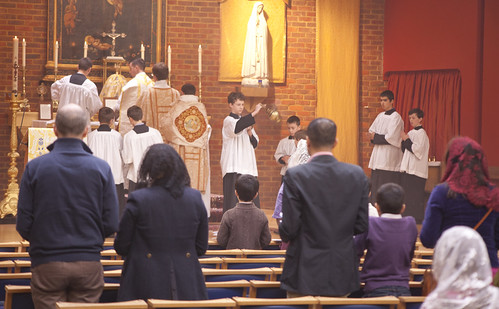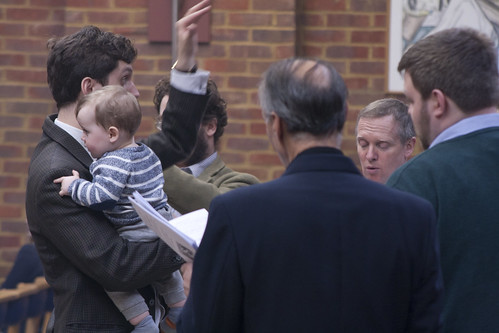My latest on LifeSite.
Many proposed solutions to the crisis in the Catholic Church focus on structural or administrative reform. Administrative solutions are attractive because they promise that our problems could be solved by a committee somewhere coming up with a new set of rules. Wouldn’t that be wonderful? It is true that some administrative systems are better than others, and we should naturally prefer better over worse, but no system is better than the people who administer it. What was going wrong in past decades was already against the rules, but the rules were not being taught in seminary, they were not being preached from the pulpit, they were not being defended in public by bishops, and they were not being enforced by Rome. The rules failed because of a failure of will.
An illustration is given by Cardinal Joseph Ratzinger’s insistence, in 2001, that all cases of the clerical abuse of minors be thenceforth dealt with by the Congregation of the Doctrine of the Faith (CDF), of which he was then Prefect. Ratzinger, later Pope Benedict, deserves credit, which he usually does not get, for driving this through. The reason it made a positive difference was not that before 2001 no one had the job of dealing with these cases. The reason is that for many years a huge number of local bishops, and great swathes of the Vatican curia, had lacked the will the deal with the problem. At that time, the CDF was one of the few places one could go to find people who still believed in sexual sin, and in the appropriateness of punishing it.
Ratzinger’s reform was good news for the many victims who, finally, began to have their accusations taken seriously. But it couldn’t address the fundamental problem, the problem of bishops and various categories of officials who were by character and attitude incapable of dealing with clerical abuse in an appropriate way. Their incapacity is obviously closely linked to the attitudes and behaviors of the abusers themselves.





